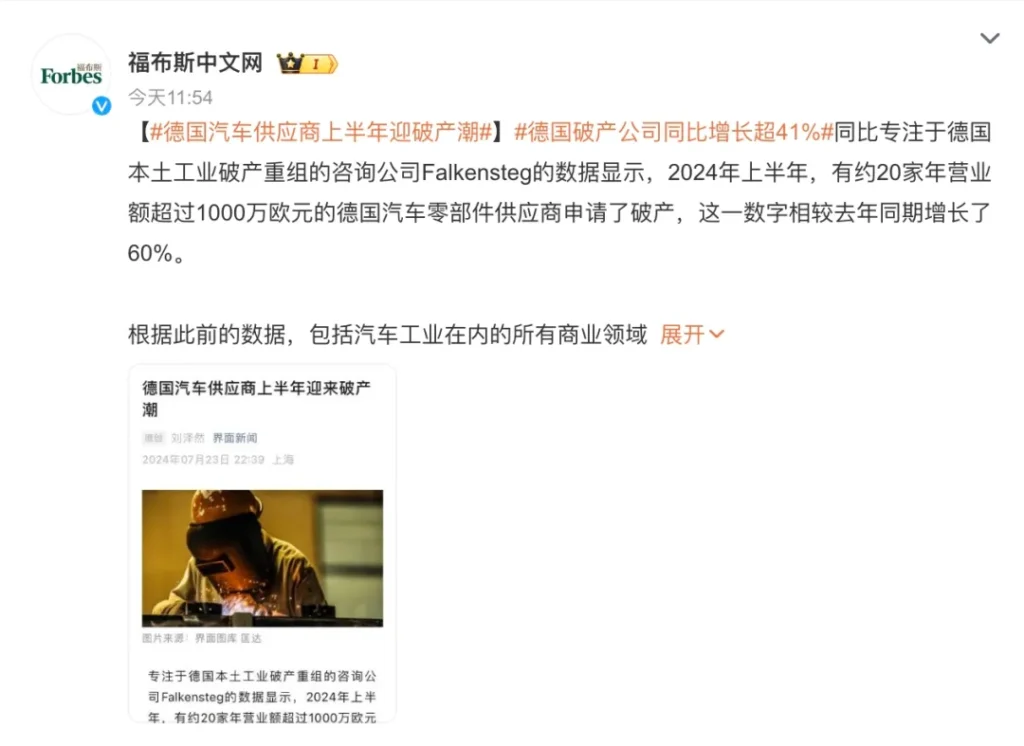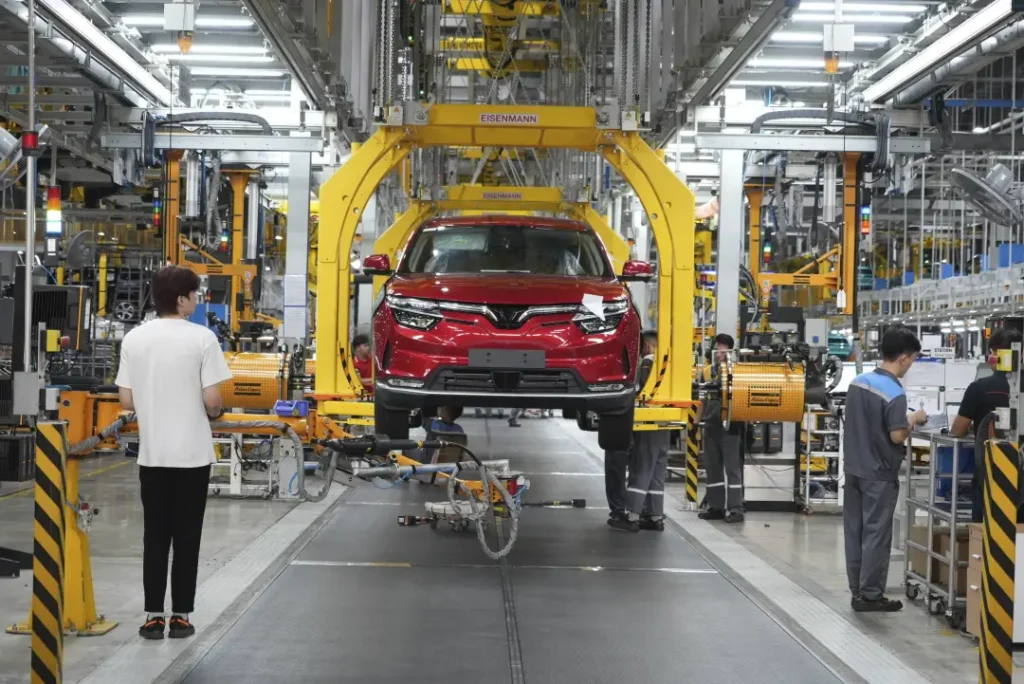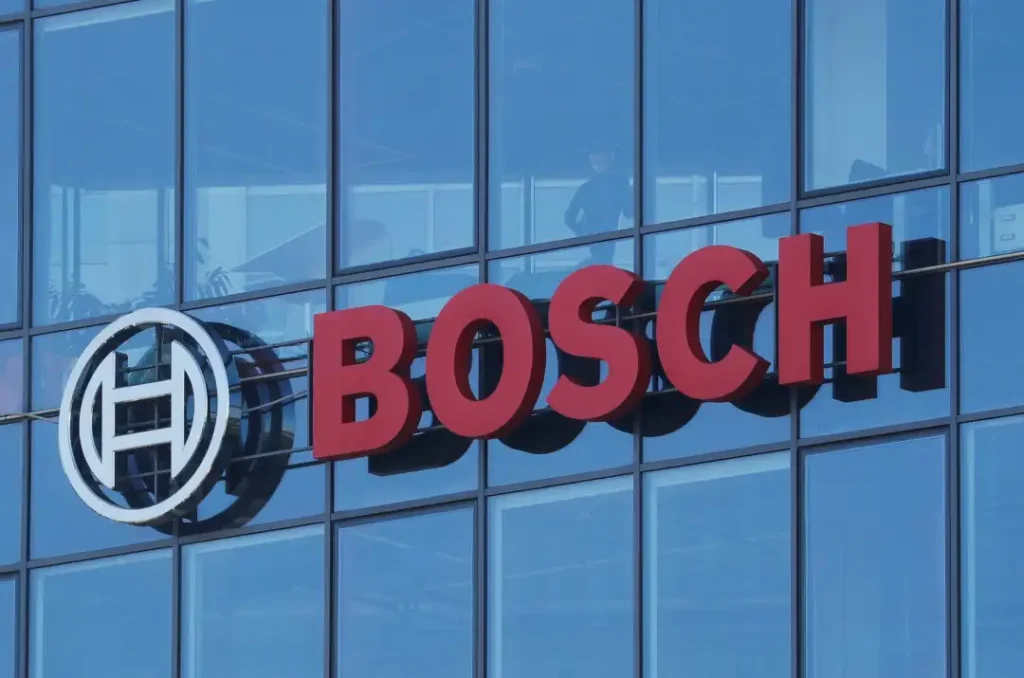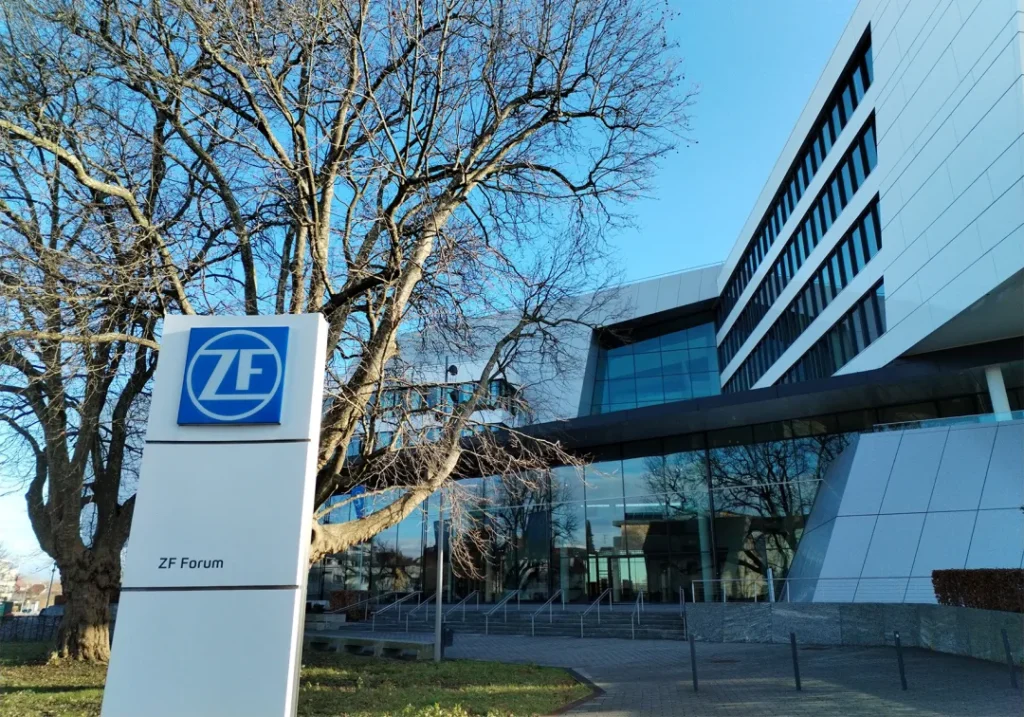A few days ago, the German consulting company Falkensteg released the latest data showing that in the first half of 2024, a total of 20 German auto parts suppliers with an annual income of more than 10 million euros applied for bankruptcy, an increase of 60% year-on-year. It is understood that in the business field including the automotive industry, a total of 162 companies in Germany with an annual revenue of more than 10 million euros applied for bankruptcy in the first half of the year, an increase of 41% year-on-year, among which the real estate, automotive supply chain and machinery manufacturing have become the hardest hit areas.

The electrification transformation of the automotive industry has a huge impact on traditional auto companies and the supply chain. The research and development of electric vehicle parts requires a large amount of funds. At the same time, some European enterprises also need to maintain the leading position in the traditional fuel vehicle field, which means that double investment is required on two technical platforms. However, in Europe, due to the slow popularity of electric vehicles, the overall sales volume of automobiles is still at a historical low. In addition, the profit margins of traditional auto parts suppliers are also continuously declining, and it is difficult for enterprises to achieve revenue and profit growth. Due to the fierce market competition and the difficult electrification transformation, multinational parts giants will carefully consider every expenditure.
In the eyes of the outside world, due to the impact of the weak European economy, high inflation, and the cost surge brought about by the electrification and intelligent transformation, the operating pressure faced by these traditional auto parts supply giants has increased significantly, and there is an urgent need to reduce costs. Especially after entering 2024, the layoff measures of German auto parts giants have become more and more frequent, and more and more head suppliers have joined the layoff tide.

In January this year, the German auto parts manufacturer Bosch Group announced that it plans to lay off 1200 people by 2026, of which 950 are in the German mainland. The layoff plan is mainly concentrated in the Intelligent Driving and Control System Division (XC). This is not the first time that the Bosch Group has announced a layoff plan. Back to December 2023, the Bosch Group said that by 2025, the Feuerbach plant and the Schwieberdingen plant in southwestern Germany will lay off up to 1500 people as part of the plan to save 400 million euros in expenses annually starting in 2025.

In February this year, the world’s largest auto parts supplier Bosch announced that its software and electronics department will lay off up to 1200 people by the end of 2026, because high inflation and the increase of raw materials and energy costs are increasing “necessary expenditures” and slowing down the industry’s transition to “electric vehicles”.
Coincidentally, including ZF, Schaeffler, Valeo and other auto parts suppliers have also announced corresponding measures.
According to local German media reports, ZF is accelerating the speed of cutting labor costs. The original plan to lay off 2900 jobs by 2030 is expected to be completed by 2026 in advance. This layoff action focuses on ZF’s Saarbrücken plant in Germany, which has about 9000 employees. As ZF’s most important production base for passenger car automatic transmissions, Saarbrücken has been transforming towards electrification in recent years. But many studies have shown that building an electric drive unit only requires about half the manpower of a traditional transmission.

After announcing the layoff at the beginning of the year, the French parts giant Valeo began to consider selling the production base. It is reported that Valeo is looking for buyers for two French auto parts factories and one R & D center, and this decision will affect about 1000 jobs. It is understood that at the beginning of this year, Valeo announced that it will lay off 1150 people globally, of which 235 are in France and 735 are in Europe. Valeo said that the layoff is to improve the group’s competitiveness and efficiency in the context of automotive electrification, and hopes to strengthen the competitiveness by establishing a more flexible, coherent and complete organization.
Most of the above-mentioned auto parts manufacturers are large-scale head enterprises that have been precipitated for a long time and have a huge scale in various vertical fields in Germany, and for some smaller auto parts manufacturers, their days are even more difficult, and bankruptcy or reorganization may have become a common thing. For example, the German Allgaier filed for bankruptcy in July 2023, and its customers include Porsche. At the end of February this year, the German auto parts supplier Eissmann also filed for bankruptcy, which may endanger about 5,000 jobs worldwide, of which 1000 employees work in Germany.
There is no doubt that all large parts suppliers need to face the transformation of electrification and intelligence, and the cost brought about by this transformation is very high. At the same time, the profit of the initial electric vehicle business is still far from being comparable to that of the traditional fuel business. In the case of the slowdown of the electrification trend in Europe, the order volume will also decrease accordingly. Based on this, some industry insiders predict that the number of bankruptcies of German auto suppliers may further increase in the second half of the year. Due to the decline or postponement of the demand for internal combustion engine technology, as well as the pressure brought about by factors such as energy price surcharges and inflation compensation, traditional drive technologies are facing greater challenges.